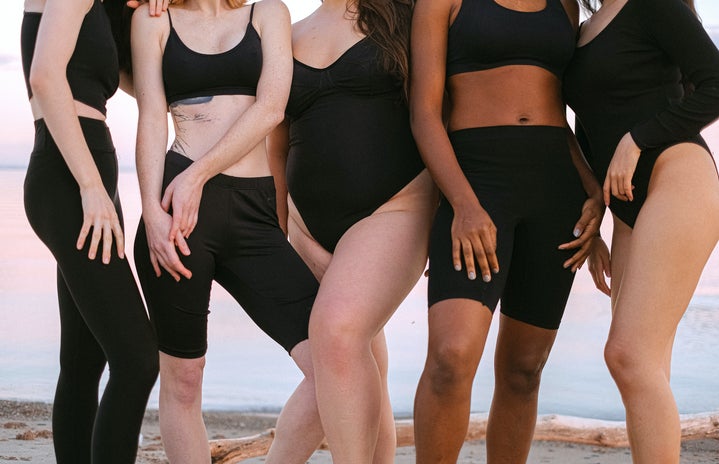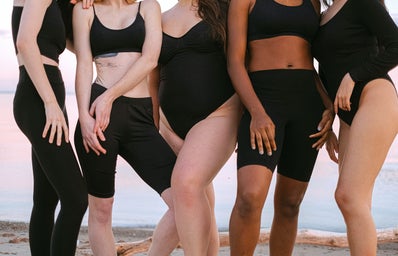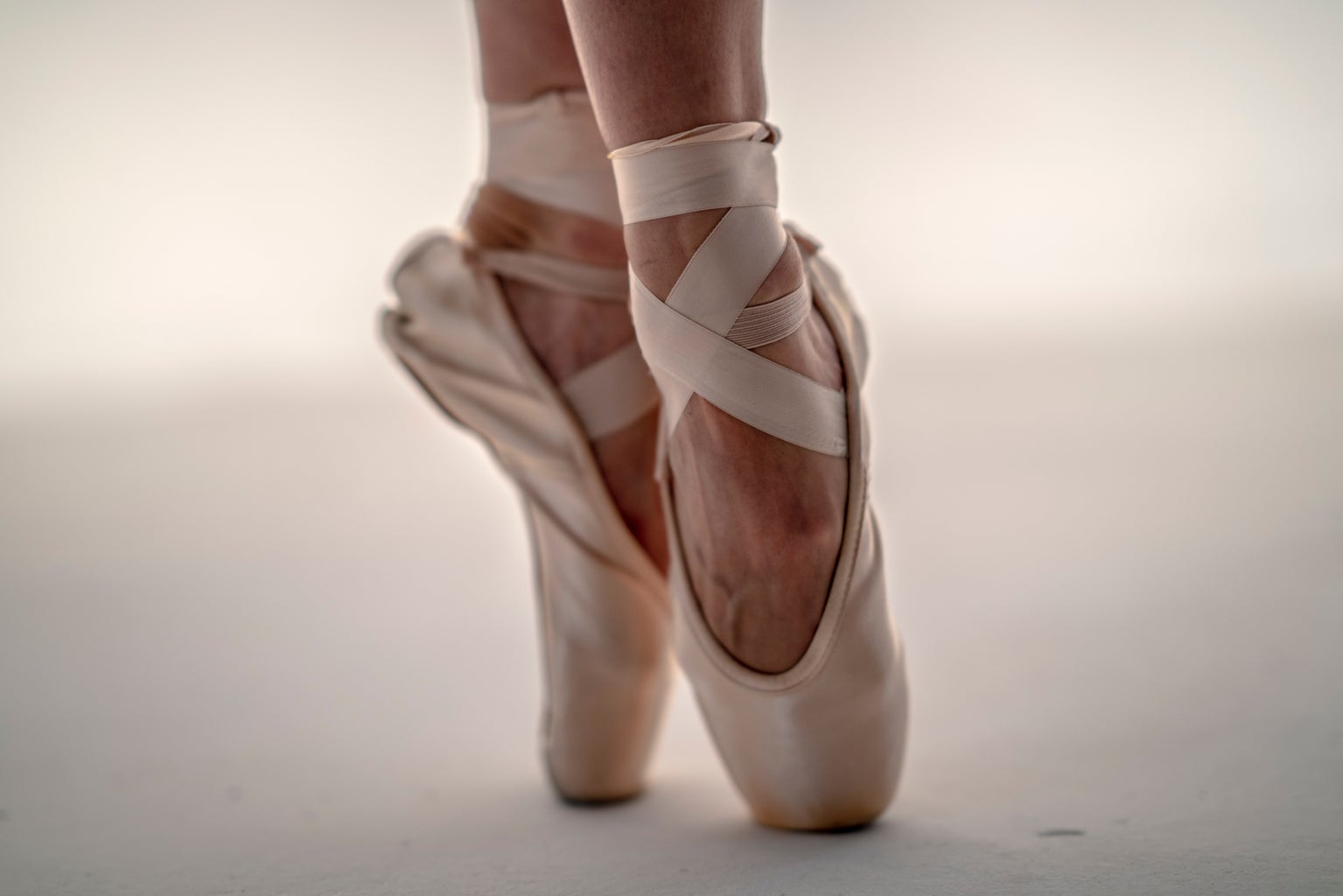AUTHOR’S NOTE: This article discusses themes of eating disorders and body dysmorphia. Please read at your own discretion. The perspective in this article is that of a skinny woman; many people of various sizes, gender identities and experiences have similar and different perspectives on the same topic. These perspectives should be reflected upon in tandem with this article. It is not my intention to exclude anyone from this very important discussion, however, I only feel comfortable writing on behalf of my own lived experiences.
I was just recently cast in a dance production of The Nutcracker, and it has brought up a lot of mixed feelings. I left performing because it caused so much pain internally and externally, and the thought of reentering that world is incredibly scary.
I’m not the first girl to struggle with disordered eating and body image issues, and unfortunately, I won’t be the last. I, like many, grew up participating in women-dominated activities that gave adults the power to comment on my body in the name of excellence.
“She’s too heavy to fly.” – My cheer coach
“Your hips are too wide for ballet. Stick to hip-hop.” – My dance instructor
“Your costume isn’t going to fit if you keep eating.” – My musical director
I learned to equate my worth with my weight. I wasn’t talented enough to be anything but skinny. If I wasn’t the thinnest person in the room, I was nothing. Adults knew this, and they made sure I knew it too.
My mom tried to help, but she was caught in the same cycle.
“I was fat as a kid; trust me, you don’t want that” – the reason Halloween candy was taken away from me.
“We’ll go on a diet together” – the solution given after I came home crying from feeling worthless after a rough rehearsal.
“I don’t think it’ll fit. I was really thin when I wore that” – the response when I asked to borrow a skirt.
“You know, I was 98 pounds at my wedding” – said to me as I cried trying on prom dresses.
“I’m so fat” – said in front of me, unprompted, for 20 years.
So you see, I didn’t have anyone on my side. One time, when I was 16, I made the mistake of saying the same thing that had been said to and about me to myself.
“I wish I had the flu right now. It would help me fit into my costume” – me, once
The outrage was immediate. I was told by the same women who had said things like this to, about and in front of me, that when I said this, I hurt my peers, and I felt so guilty. Here I was, doing the same thing to others that had been done to me for so long.
The opposite happened, too. People, strangers, even, would comment on my body, thinking they were complimenting me. They would make what they thought were lighthearted jokes, with the punchline being my weight. I had this grotesque feeling of validation every time it happened, thinking that all my suffering was worth it because other people noticed how thin I was.
The same adult women who would instigate the feelings of worthlessness and berate me for commenting on it would praise me for thinness.
“God, I wish I looked like that” – said to me during a costume fitting by my director.
What a horribly satisfying experience. These same women who hated me for everything I was, loved me for my thinness. I would be shamed for showing up to practices and rehearsals wearing tank tops and shorts, but every time a performance came around, I would be the one costumed to wear revealing clothing, to show off the body they despised. Every time I got cast as a dance lead, or a featured part, or was asked to fly in the homecoming routine, it was solidified in my mind that the key to success was to stop eating.
And I was a b*tch. I look back on my teen years with so much guilt and regret. I feel so sorry for everyone who spent time with me and was treated so horribly. I feel sorry for the girls who looked at my situation and wanted it. I feel sorry for the girls who would listen to me complain while facing similar struggles silently. I feel so guilty that there may be countless girls who were hurt by my comments and actions that were only ever meant to hurt me. I keep thinking I would have been much more pleasant to be around if I had just let myself eat. Mostly though, I feel sorry for myself. I feel so bad that I let a little girl be treated like that. I feel horrible that I taught a 12-year-old girl that her value was her body and that the way she would receive love was to show it to others. But I refuse to hate a child. I refuse to hold a grudge against a little girl or to continue to punish myself for things I did or said while I was a child. Adults hating children is a vicious cycle that I won’t let myself support.
So why would I ever put myself through that again? Why would I open myself up to get hurt in the same way, or support a system where abuse seems to thrive? I have already struggled in my first few rehearsals to not immediately criticize the way that my body looks and moves. I have already struggled to not compare myself with other dancers, or to my younger self. I have already struggled with expecting perfection of myself, despite not dancing in years. I have already struggled with the anticipation of punishment for not being thin enough or flexible enough or good enough. I have already struggled with feeling like I am letting everyone down.
It is not fair for me to expect a brand-new company to behave in a certain way. I have to give them the benefit of the doubt and I have to believe that there are people out there who dance for the love of performing, not for the love of thinness.
I have to let myself do things I wouldn’t have been allowed to do when I was younger. If I had wanted to audition for a dance performance as a teenager, I would have been told I wasn’t good enough, to not even try.
I’m stronger now. I will stand up for myself and for my peers and for the young girls who don’t know that they’re allowed to stand up for themselves too.
I love to dance. I love to perform. And I will not let myself be pushed away from something I love.



